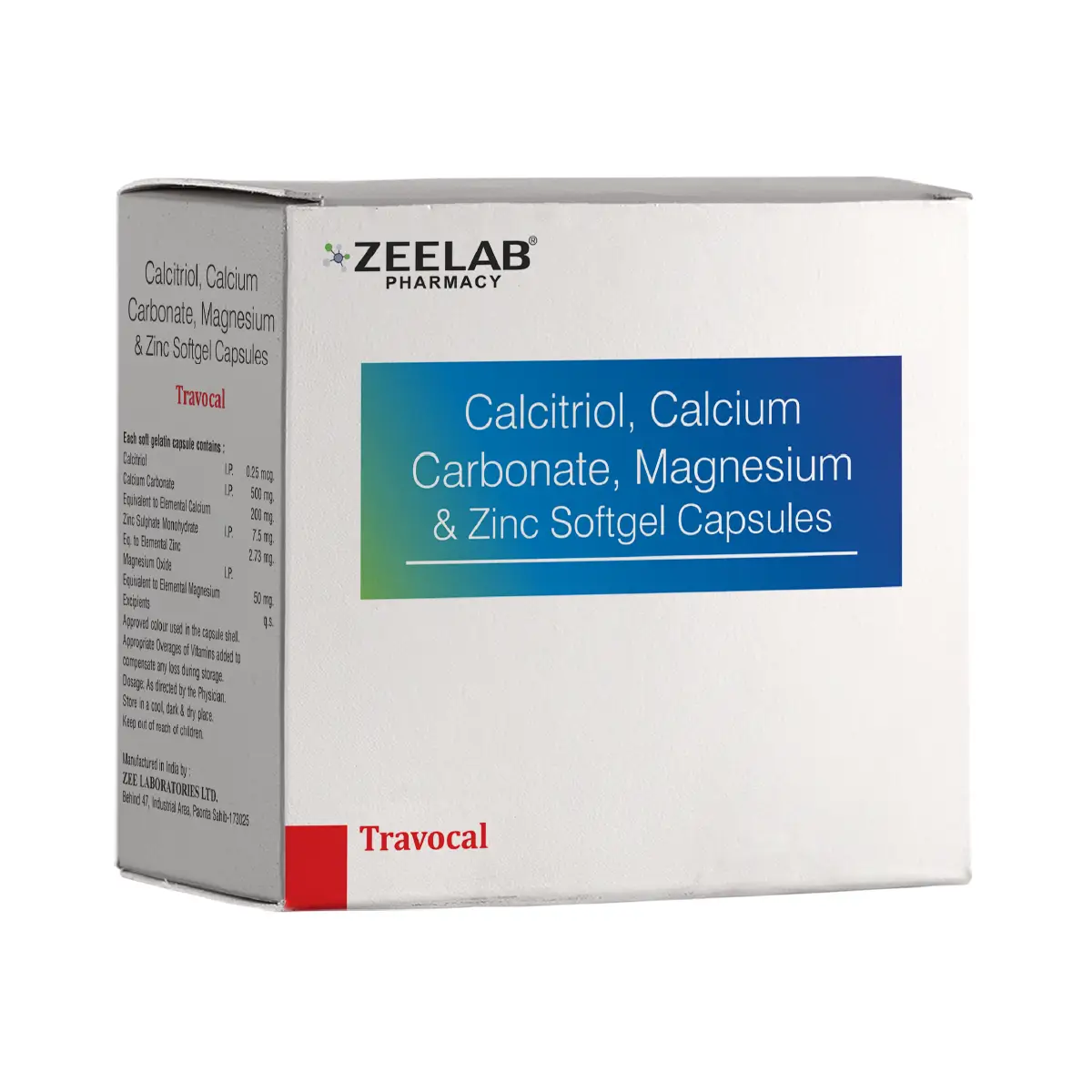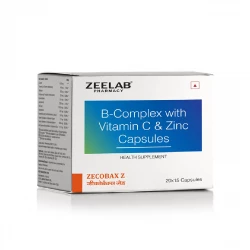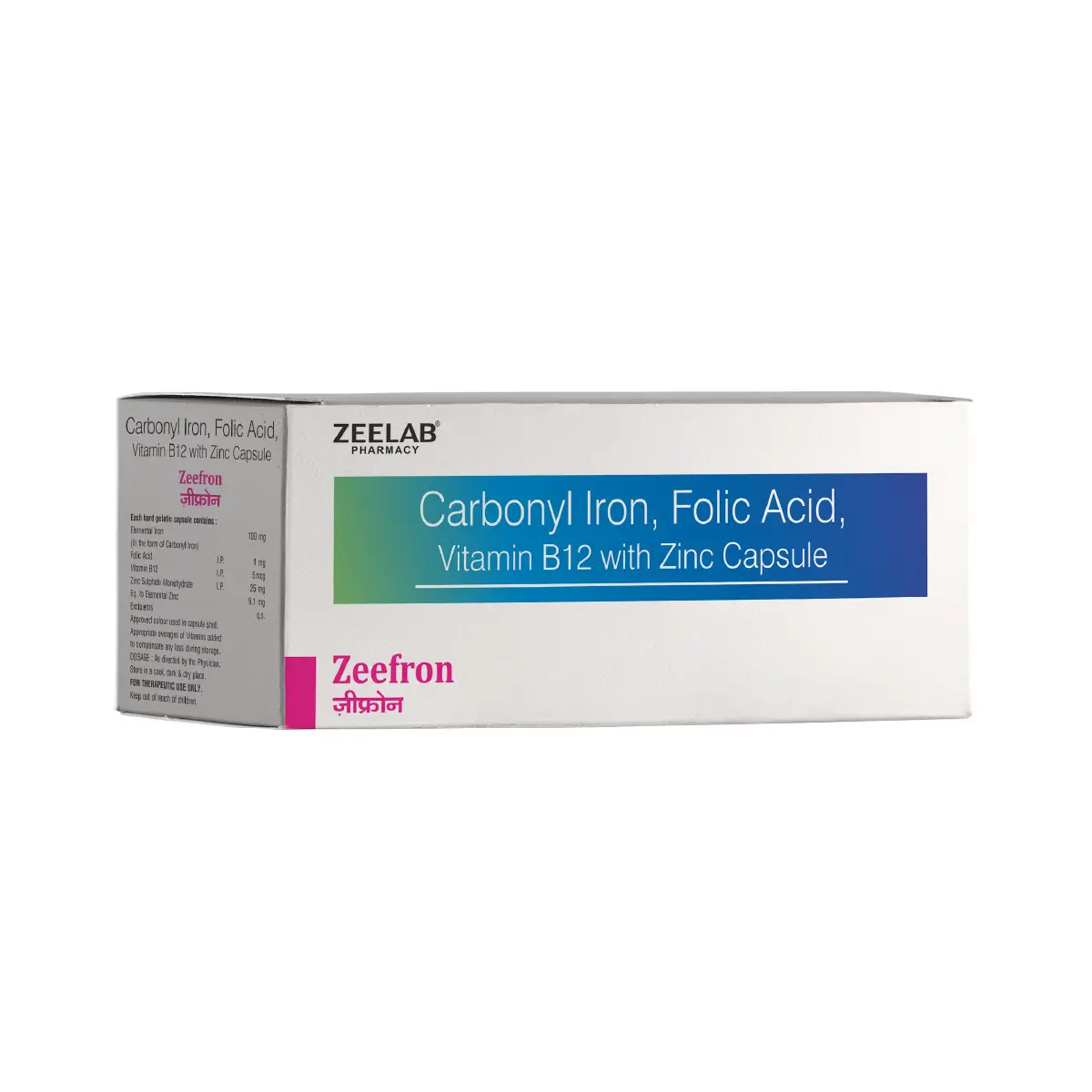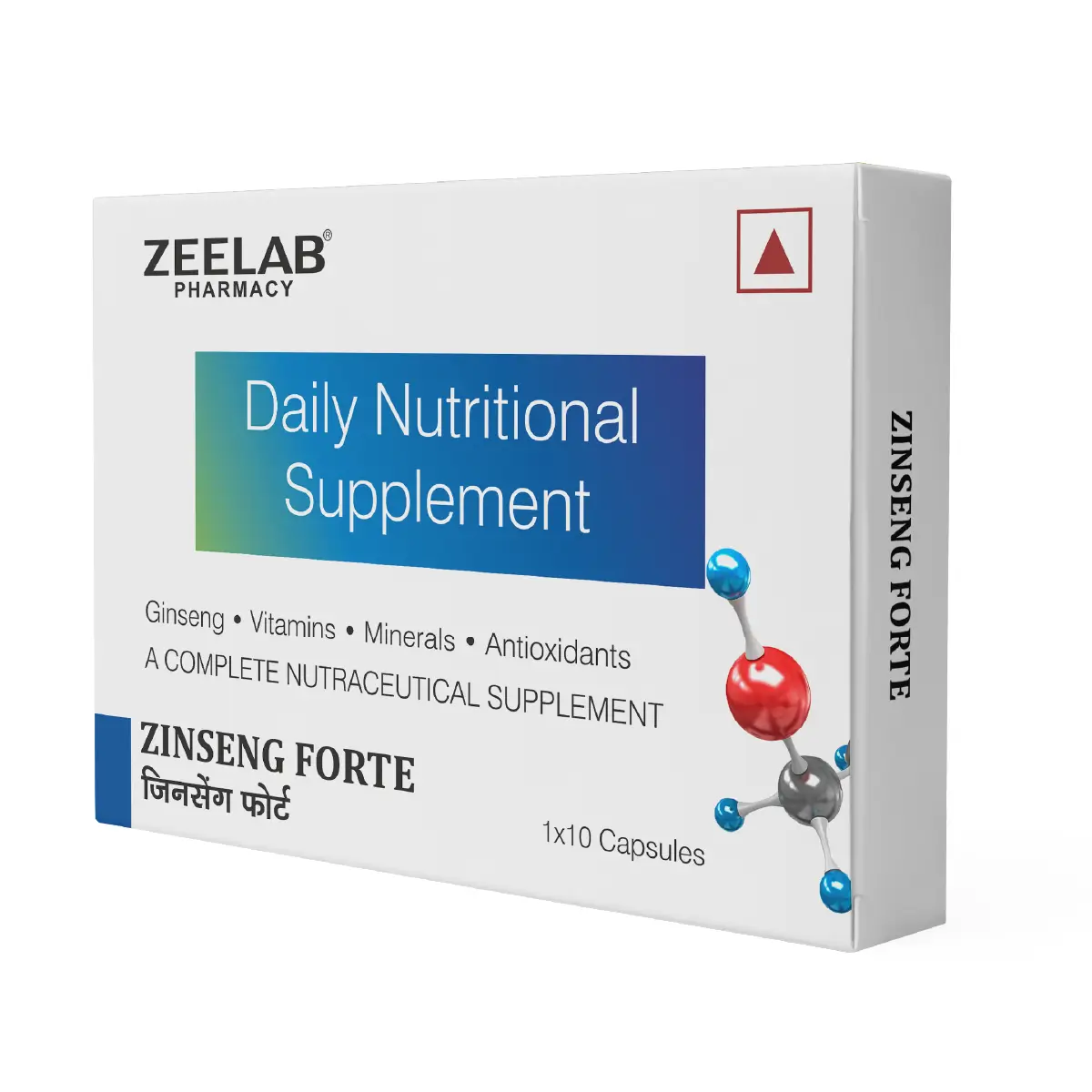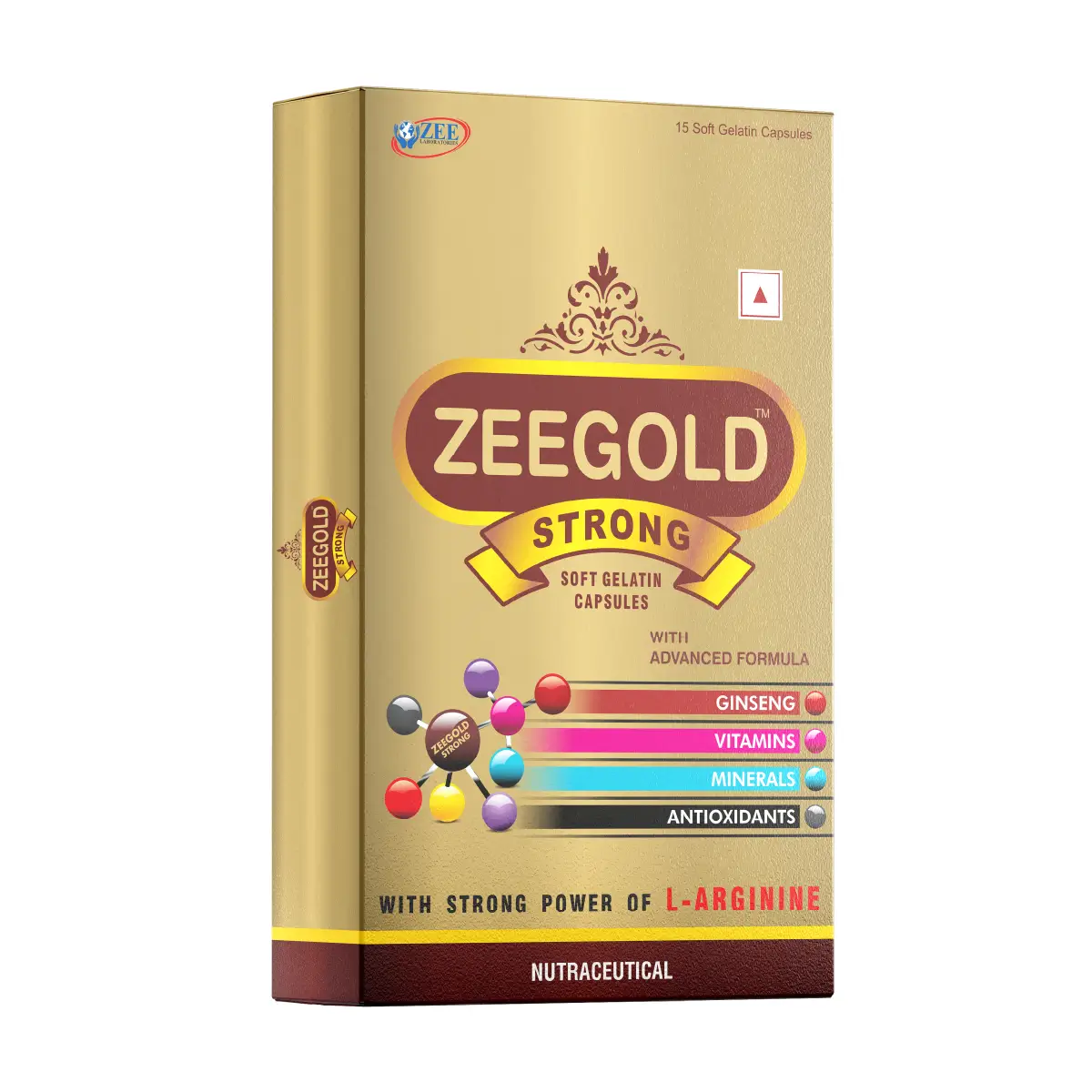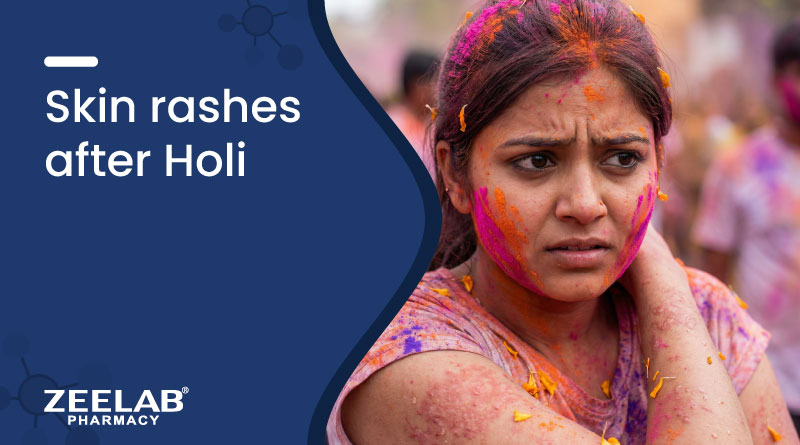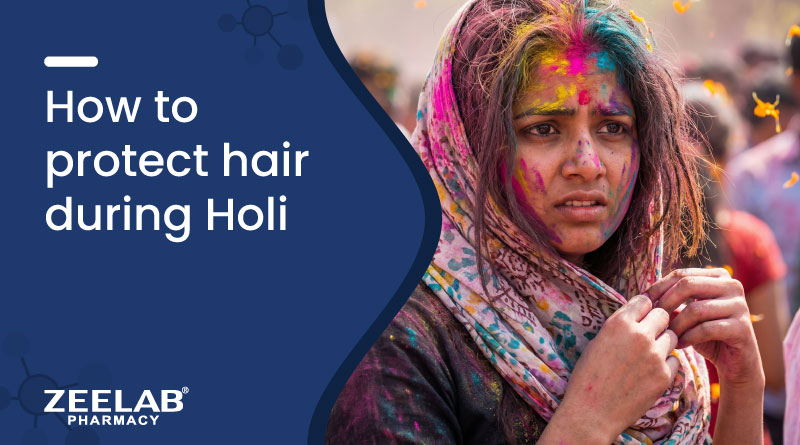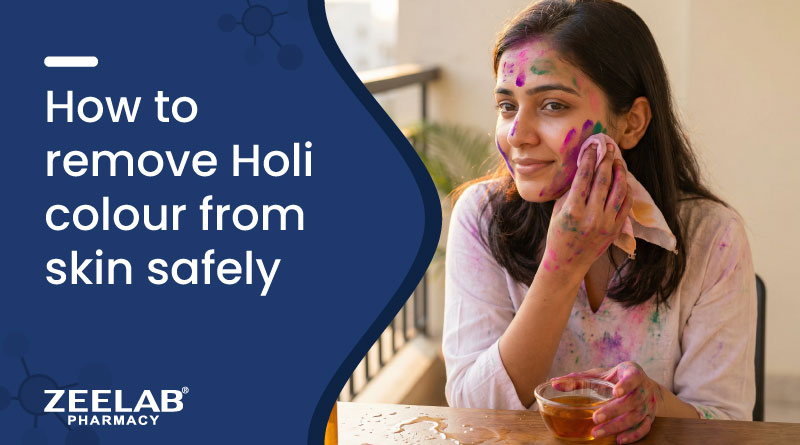Zinc-Rich Foods for Vegetarians – Best Plant-Based Sources of Zinc
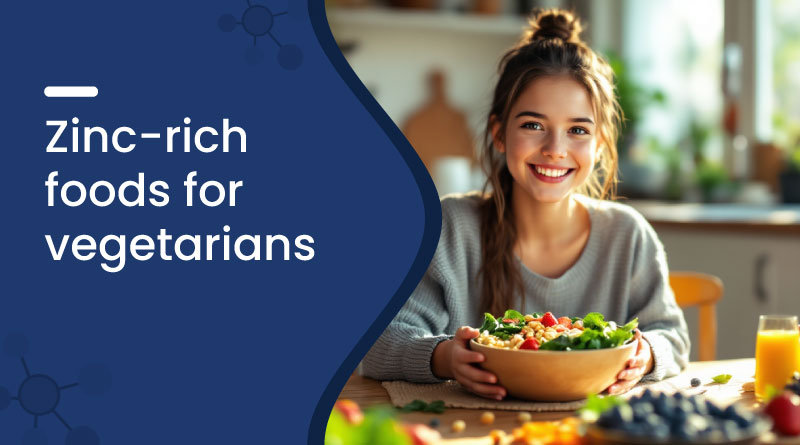

Zinc is an essential mineral that supports numerous bodily functions, from boosting immunity to aiding wound healing and DNA synthesis. For vegetarians, getting enough zinc can sometimes be challenging, but it is entirely possible with the right food choices. Ensuring sufficient zinc intake promotes healthy skin, strong immunity, and improved metabolism. This blog explores the benefits of zinc, vegetarian-rich sources, and tips to maintain optimal levels naturally.
Why Zinc Is Important for Your Health?
- Strengthening the immune system
- Supporting wound healing and tissue repair
- Enhancing growth and development
- Maintaining healthy skin and hair
- Aiding metabolism and digestion
A deficiency can lead to weakened immunity, delayed wound healing, hair loss, skin issues, and even impaired growth in children.
Symptoms and Risks of Zinc Deficiency
- Frequent infections and weakened immunity
- Hair thinning or hair loss
- Slow wound healing
- Loss of appetite and impaired taste
- Skin problems like acne or rashes
- Delayed growth in children
Severe deficiency can increase the risk of chronic illnesses and impair overall health.
What Should Vegetarians Eat for Zinc?
| Food Category | Example |
|---|---|
| Legumes | Chickpeas, lentils, and beans |
| Nuts and Seeds | Pumpkin seeds, cashews, hemp seeds, and sesame seeds |
| Whole Grains | Quinoa, oats, brown rice, and whole wheat |
| Fortified Plant Milks | Almond, soy, and oat milk fortified with zinc |
| Vegetables | Spinach, mushrooms, garlic, kale, and peas |
| Other Plant-Based Sources | Yeast, tofu |
Tips to Improve Zinc Absorption
- Combine zinc-rich foods with vitamin C sources (like citrus fruits) to enhance absorption.
- Reduce intake of high-phytate foods (like raw beans and grains) during zinc-heavy meals.
- Ferment or sprout grains and legumes to improve mineral bioavailability.
Zinc Supplements for Vegetarians
Zinc supplements can help vegetarians meet their daily requirements when dietary intake is insufficient. Common forms include zinc gluconate, zinc citrate, and zinc picolinate, which are easily absorbed by the body. Always follow recommended dosages and consult a healthcare professional to avoid side effects from overconsumption. Supplements are most effective when combined with a balanced, zinc-rich diet.
Also read - Zinc Supplement in India
Recommended Daily Zinc Intake
- Children (9-13 years): 8 mg/day
- Adult men: 11 mg/day
- Adult women: 8–11 mg/day
- Pregnant women: 11–12 mg/day
- Breastfeeding women: 12–13 mg/day
Vegetarians may need slightly higher intake due to lower absorption from plant sources.
Lifestyle Tips for Maintaining Healthy Zinc Levels
- Eat a varied diet rich in legumes, nuts, seeds, and whole grains.
- Maintain a balanced lifestyle with adequate sleep and regular exercise to support immune function.
- Monitor for deficiency symptoms, especially in children, pregnant, or lactating women.
Also read - Zinc Supplement for Women
Potential Side Effects of Excess Zinc
- Nausea, vomiting, and stomach discomfort
- Diarrhea or digestive issues
- Headaches and fatigue
- Copper deficiency and weakened immunity
- Lowered “good” HDL cholesterol
- Altered taste or smell
Conclusion
Zinc is a vital mineral for immunity, growth, and overall well-being, and vegetarians can meet their needs through smart food choices. Including legumes, nuts, seeds, whole grains, and fortified plant-based foods helps maintain optimal zinc levels. A balanced diet, healthy lifestyle, and careful supplementation when needed ensure strong immunity, healthy skin, and overall vitality.
Frequently Asked Questions (FAQs)
Q. Which vegetarian foods are rich in zinc?
A. Vegetarians can get zinc from legumes, nuts, seeds, whole grains, fortified plant milks, tofu, nutritional yeast, and certain vegetables like spinach and mushrooms. These foods provide essential zinc to support immunity, metabolism, and overall health naturally.
Q. Does garlic contain any zinc?
A. Yes, garlic contains zinc. Each clove provides a small amount, along with other vitamins and minerals. While modest per clove, regular use in meals makes it a valuable zinc source.
Q. Can excessive zinc intake lead to side effects?
A. Excessive zinc intake can cause nausea, vomiting, diarrhea, headaches, fatigue, copper deficiency, lowered HDL cholesterol, and altered taste or smell. Sticking to the recommended daily intake is essential to avoid these health risks.
Q. What are the signs of zinc deficiency?
A. Zinc deficiency can lead to frequent infections, slow wound healing, hair thinning, skin problems, loss of appetite, and delayed growth in children. Early detection is important, as long-term deficiency can affect immunity, metabolism, and overall well-being.
Q. What are the overall health benefits of zinc?
A. Zinc supports the body by enhancing immune defenses, healing wounds, and producing DNA. It also aids metabolism, promotes healthy skin, hair, and nails, enhances growth and development, and helps maintain proper digestive and reproductive system functions for overall wellness.
Q. Can zinc improve skin health?
A. Zinc plays a key role in skin cell regeneration and repair. It helps prevent acne, promotes wound healing, reduces inflammation, and maintains skin elasticity, ensuring healthy, glowing skin when included consistently in the diet or through supplementation.
Calcitriol (0.25mcg) + Calcium Carbonate (500mg) + Zinc (7.5mg) + Magnesium (50mg)
10 Softgel Capsules in 1 Strip
Lysine (50 mg) + Vitamin B1 (1.4 mg) + Vitamin B2 (1.6 mg) + Vitamin B6 (2 mg) + Vitamin B12 (0.001 mg) + Vitamin C (25 mg) + Folic Acid (0.1 mg) + Niacin (18 mg) + Pantothenic Acid (5 mg) + Copper (1.7 mg) + Selenium (0.04 mg) + Zinc (17 mg)
15 Capsules in 1 Strip
Iron Carbonyl (100mg) + Folic Acid (1mg) + Vitamin B12 (5mcg) + Zinc (25mg)
15 Capsules in 1 strip
Ginseng Extract Powder (42.5 mg) + Vitamin A (750 mcg) + Vitamin B1 (1 mg) + Vitamin B2 (1.5 mg) + Vitamin B6 (1 mg) + Vitamin B12 (1 mcg) + Vitamin C (50 mg) + Vitamin D3 (5 mcg) + Vitamin E (5 mg) + Folic Acid (150 mcg) + Vitamin B3 (10 mg) + Vitamin B5 (5 mg) + Calcium (75 mg) + Phosphorus (58 mg) + Copper (0.5 mg) + Iodine (0.1 mg) + Ferrous Fumarate (30 mg) + Magnesium (3 mg) + Manganese (0.5 mg) + Potassium (2 mg) + Zinc (10 mg)
10 Capsules in 1 strip
Mecobalamin (0.75 mg) + Folic Acid (0.1 mg) + Alpha Lipoic Acid (100 mg) + Vitamin A (2500 IU) + Vitamin E (7.5 IU) + Vitamin B1 (1 mg) + Vitamin B2 (1.5 mg) + Vitamin B6 (1 mg) + Selenium (0.03 mg) + Biotin (0.03 mg) + Zinc (15 mg)
10 Tablets in 1 strip
Ginseng Extract (42.5 mg) + Vitamin A (2500 IU) + Vitamin B1 (1 mg) + Vitamin B2 (1.5 mg) + Vitamin B3 (10 mg) + Vitamin B5 (5 mg) + Vitamin B6 (1 mg) + Vitamin B12 (0.001 mg) + Vitamin C (50 mg) + Vitamin D3 (200 IU) + Vitamin E (5 mg) + Folic Acid (0.15 mg) + L-Arginine (25 mg) + Calcium (75 mg) + Phosphorus (58 mg) + Ferrous Fumarate (30 mg) + Zinc (10 mg) + Magnesium (3 mg) + Potassium (2 mg) + Manganese (0.5 mg) + Copper (0.5 mg) + Iodine (0.1 mg) + Carbohydrate (100 mg) + Protein (20 mg) + Fat (380 mg) + Energy (4.23 kcal)
15 Capsules in 1 strip
Recent Blogs
Disclaimer : Zeelab Pharmacy provides health information for knowledge only. Do not self-medicate. Always consult a qualified doctor before starting, stopping, or changing any medicine or treatment.
Related Products
Need Medicines Quick?
Share location to check quick delivery serviceability.
Change Location
Location Access Needed
Your location appears to be blocked or disabled.
Please enable the location from your browser or
device settings.

₹ 0
0
Items added
Quick Links
Categories
Our Policies
2026 Copyright By © Zeelab Pharmacy Private Limited. All Rights Reserved
Our Payment Partners

 Added!
Added!
|
|

